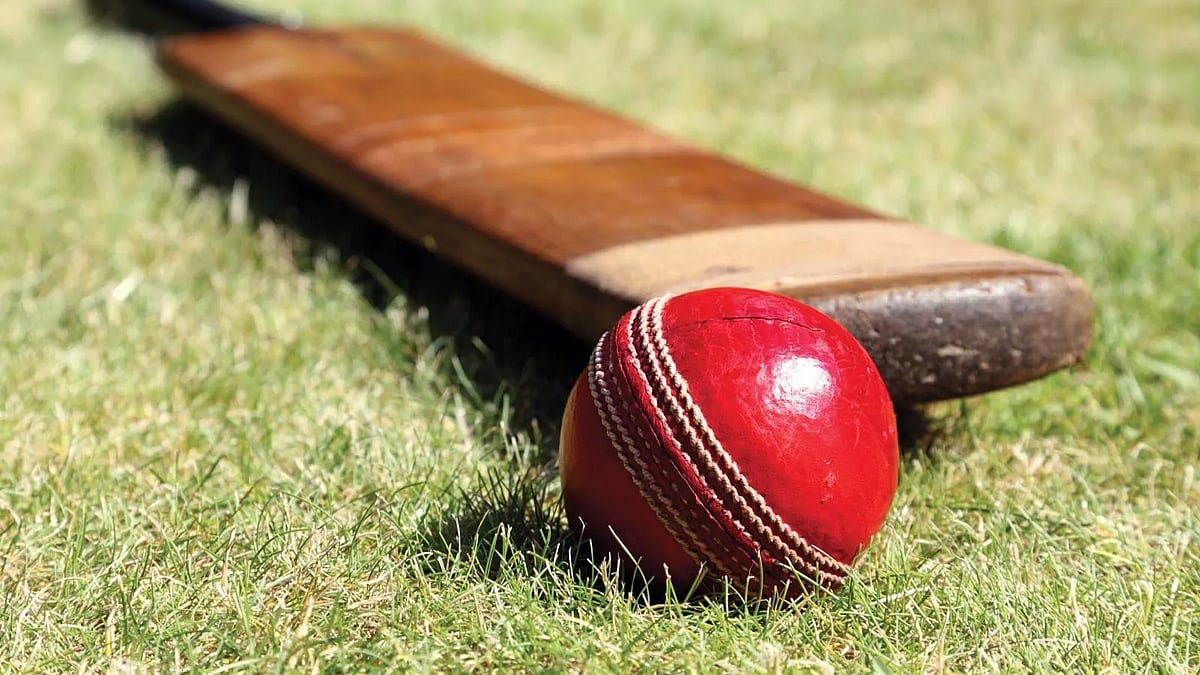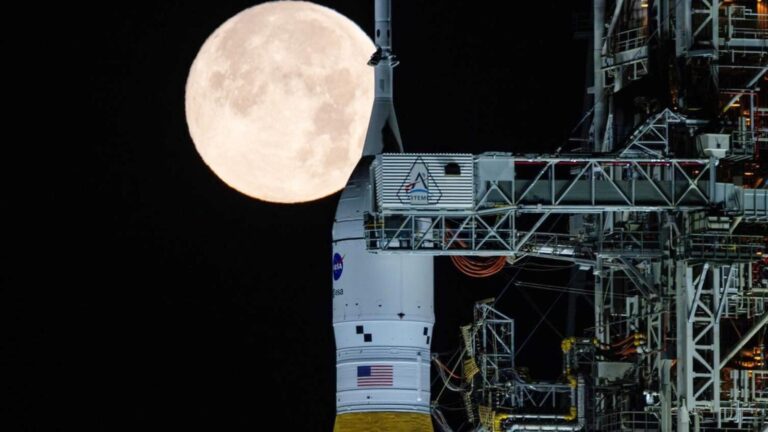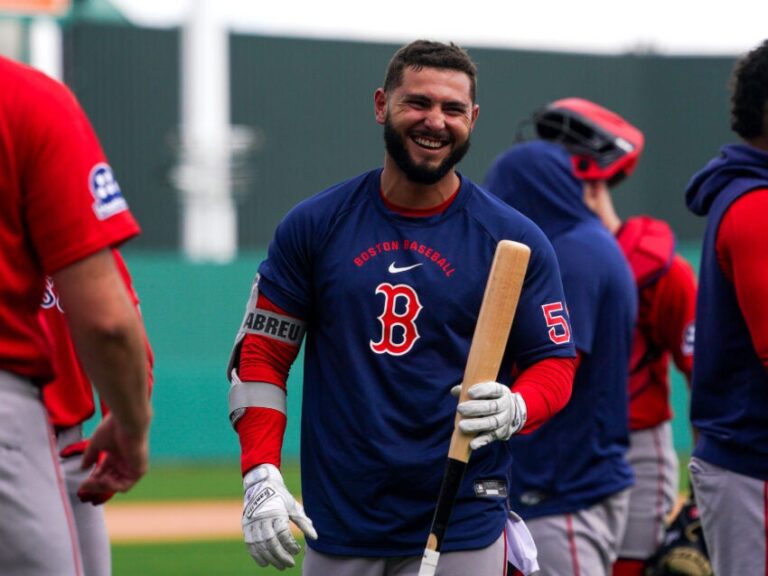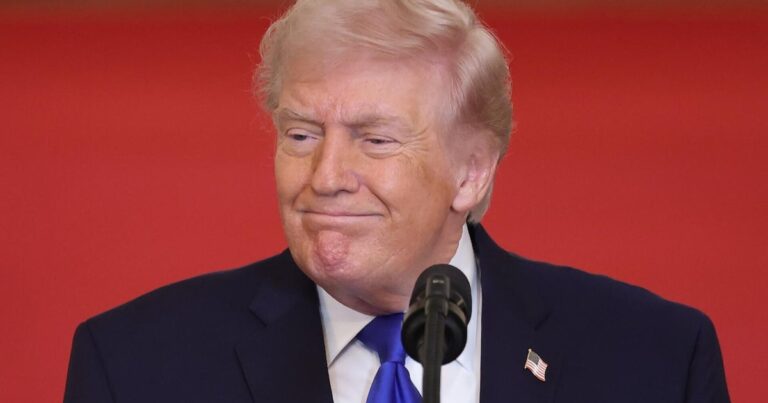
Hard to believe amid all the heat and dust thrown up by the ongoing Asia Cup cricket championship in Dubai, but less than three years after Independence and Partition, India and Pakistan fielded a joint cricket team in Colombo, Sri Lanka (then Ceylon), in March 1950.
In fact, it was a joint India, Pakistan, and Ceylon team that played against the visiting Commonwealth XI, led by the Australian Leonard Livingstone. This tour was the first of three that the Commonwealth XI undertook across the subcontinent between the 1949-50 and 1953-54 seasons.
During an extensive tour of India, the Commonwealth XI played five matches against the Indian national side, which were designated as unofficial Tests, as well as a number of other fixtures. The team then broke off the tour to make short visits to both Pakistan and Ceylon, where they played four matches in Kandy and Colombo. The last of these, held at the Colombo Oval between March 4 and 6, 1950, was against the joint team and ended in a draw.
The Commonwealth XI was composed of players from England, Australia, and the West Indies, many of whom were involved in league matches during the English summer. Among their ranks was West Indian legend and future captain Frank Worrell, who participated in all three tours.
The joint Asian team, known as the Ceylon, India, and Pakistan Combined XI, was led by Ceylon’s SS Jayawickreme. The squad included two Pakistanis, two Indians, and seven players from the host country. The Indian contingent featured the legendary all-rounder and future captain Vinoo Mankad along with another accomplished all-rounder, Dattu Phadkar.
Together, the two took all ten wickets in the Commonwealth XI’s first innings, with pace bowler Phadkar claiming an impressive 6 for 39.
The match was evidently a success and was staged again the following season (1950-51), when the Commonwealth XI toured India once more for five unofficial Tests and played in Ceylon again. This time, the Combined XI was more evenly distributed among the three nations.
Once again, Colombo Oval was the venue in February 1951, with the visitors winning the four-day match by 120 runs. The team, led by Vijay Hazare—who would later captain India on their tours of England in 1952 and the West Indies in 1953—included four Indians. Notably, the Indians comprised pace bowler Shute Banerjee, all-rounder Gul Mohammad (who later moved to and represented Pakistan), and middle-order batsman CD Gopinath.
The squad also featured two Pakistanis, with the rest coming from Ceylon. The match was distinguished by two centuries: one by Australian Bruce Dooland for the Commonwealth XI and the other by Hazare himself. The Commonwealth team was captained by England’s wicketkeeper Les Ames.
CD Gopinath, who lives in Chennai, played eight Test matches and remains the only Indian survivor from that match. At 95 years old, he is India’s oldest living Test cricketer.
Frank Worrell, already a leading batsman at the time, would, in 1960, become the first Black West Indian appointed as captain. Prior to him, all captains from 1928 onwards had been white Europeans domiciled in the Caribbean. Tragically, Worrell died young of cancer in March 1967, aged just 42.
It would be another 45 years before a combined India-Pakistan team would play together again, coincidentally once more in Colombo. This time, it was during the 1996 Wills World Cup, jointly hosted by India, Pakistan, and Sri Lanka.
Following a terrorist bomb that tore through the heart of Colombo on the eve of the World Cup—killing 80—the Australian and West Indies teams forfeited their matches in the Lankan capital on security grounds. To keep the cricket alive, the organizers fielded a joint team led by Indian captain Mohammad Azharuddin. This squad included cricketing greats such as Sachin Tendulkar, Anil Kumble (the Man of the Match), and Wasim Akram, who played against Sri Lanka in a remarkable display of sub-continental unity.
That lofty concept of unity, however, is likely to be the furthest from the minds of the Indian and Pakistani players when they line up for the high-voltage Super Fours match in Dubai this Sunday.
—
*Gulu Ezekiel is the author of 18 sports books, the latest being* *What If…? Indian Cricket’s Counter-Factual History.*
https://www.freepressjournal.in/analysis/when-sl-india-and-pakistan-teamed-up-against-the-rest




